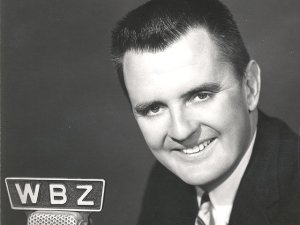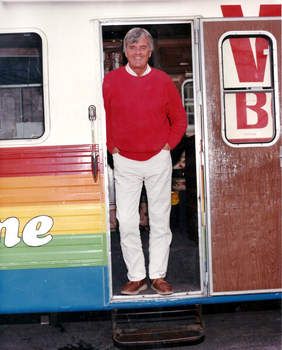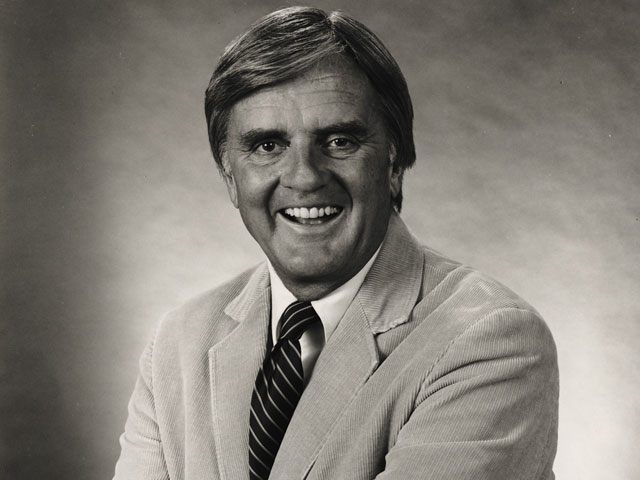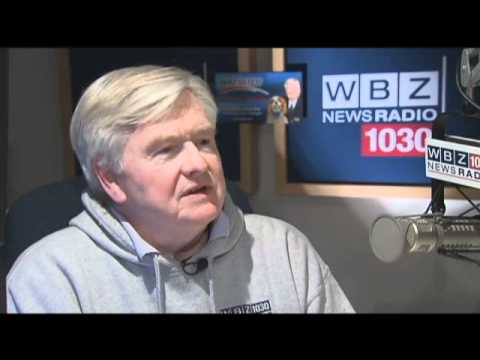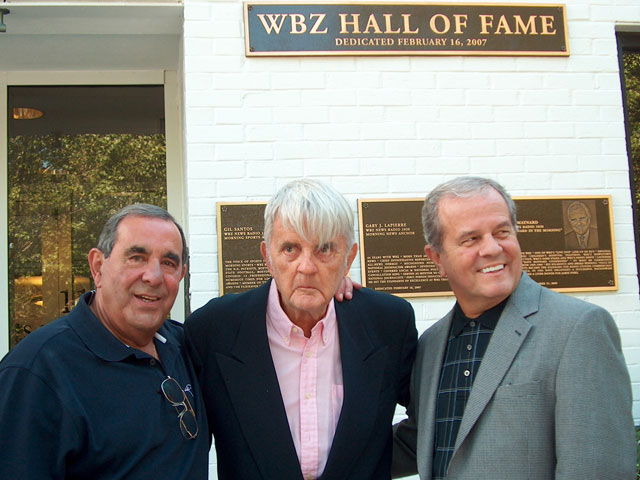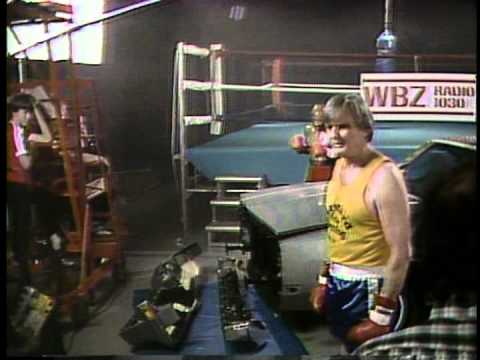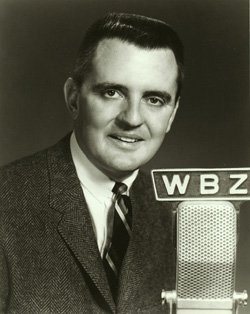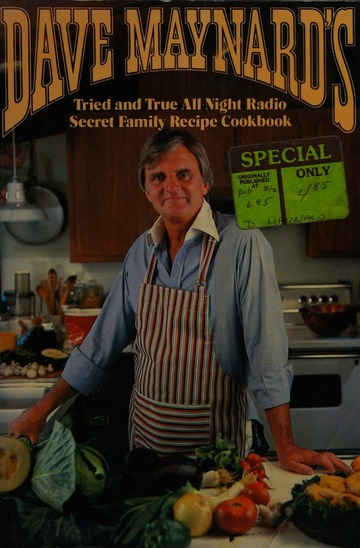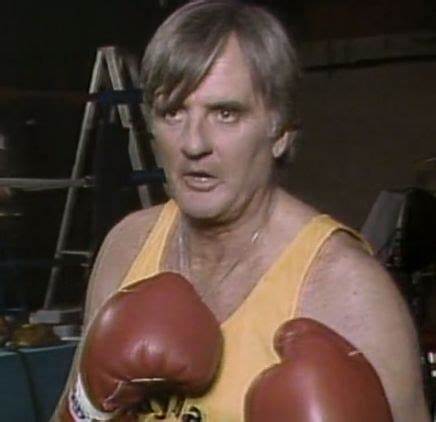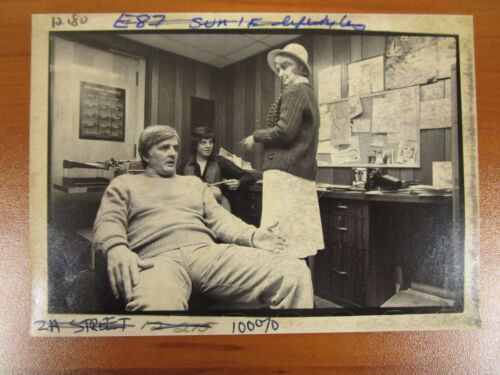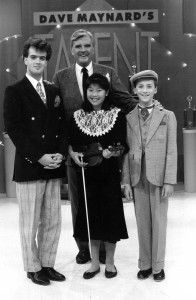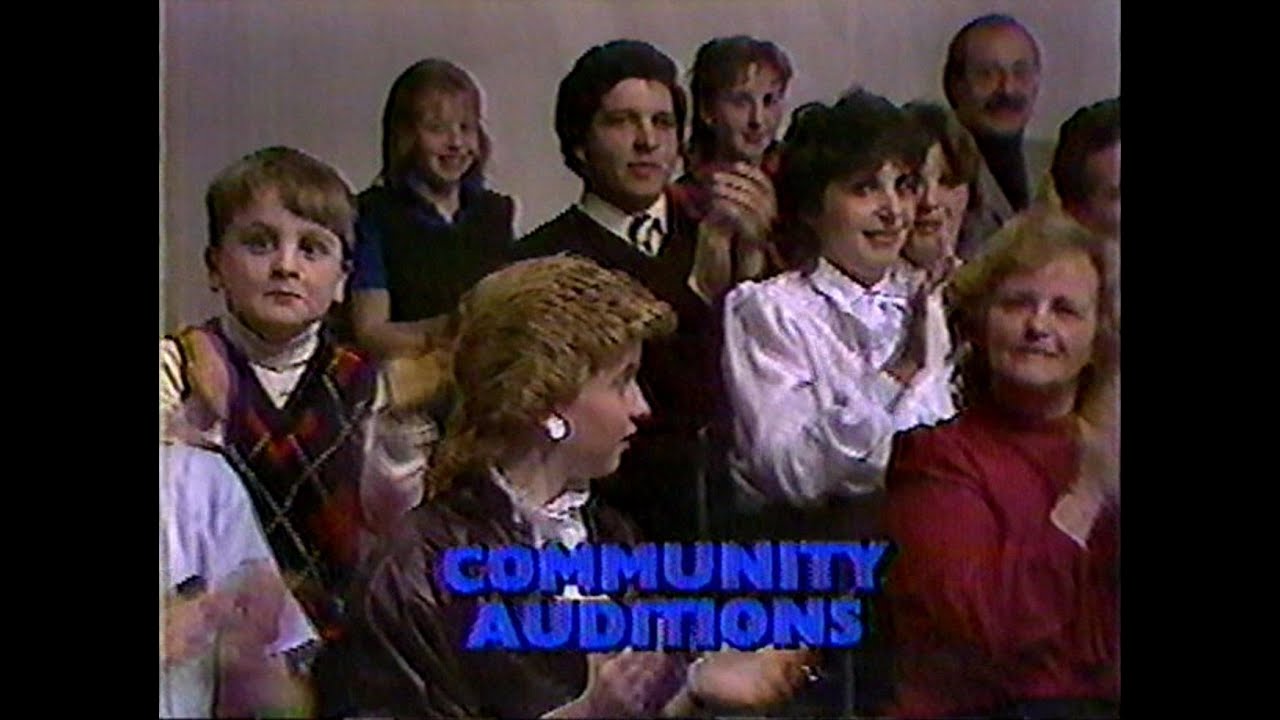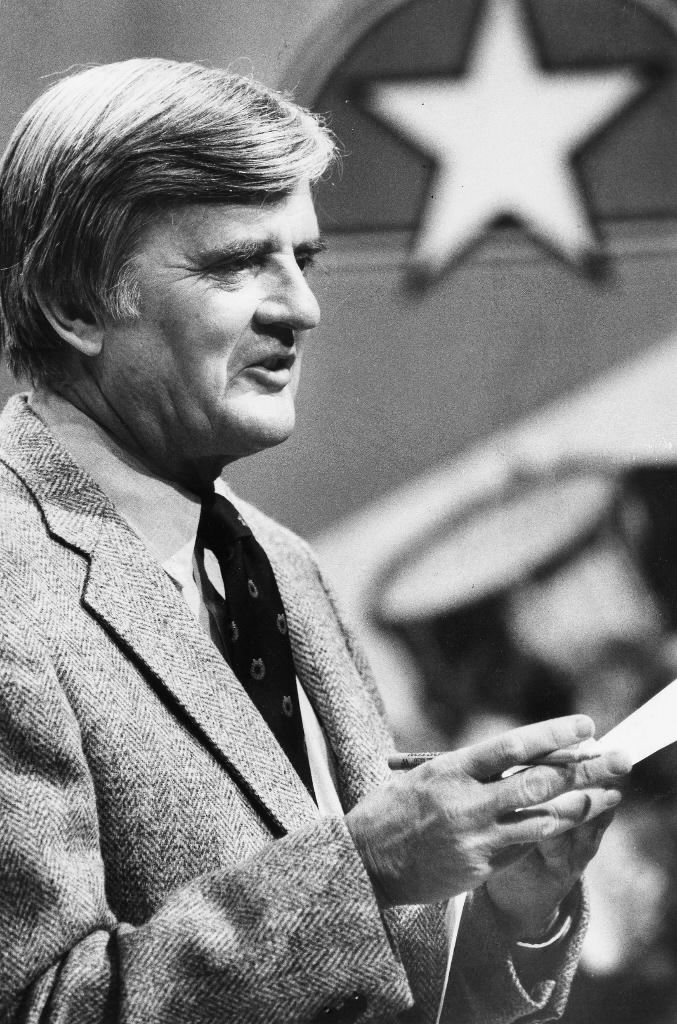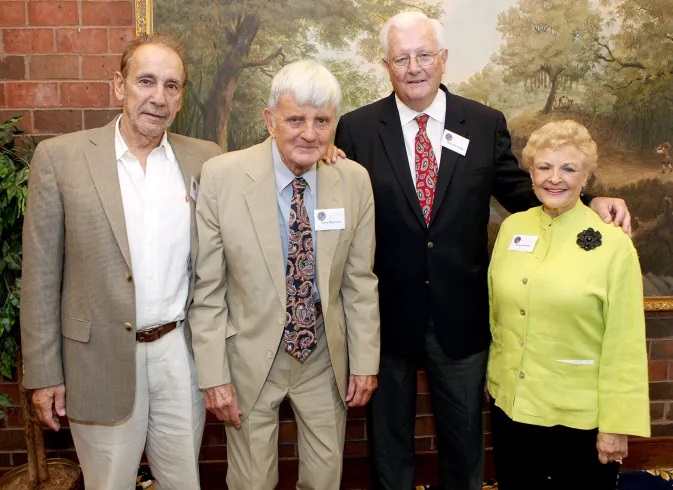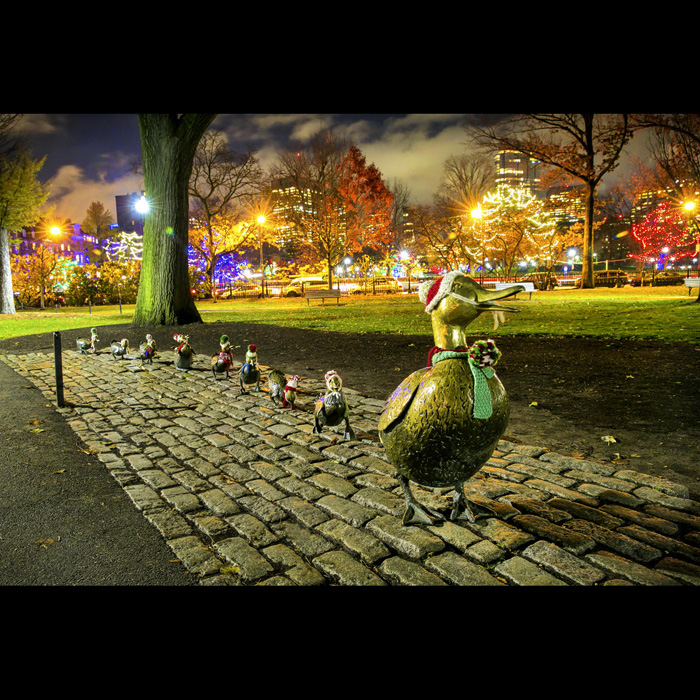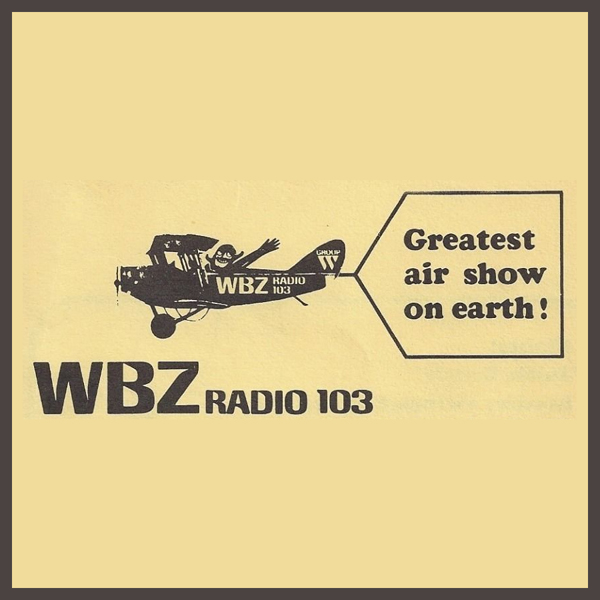Dave Maynard
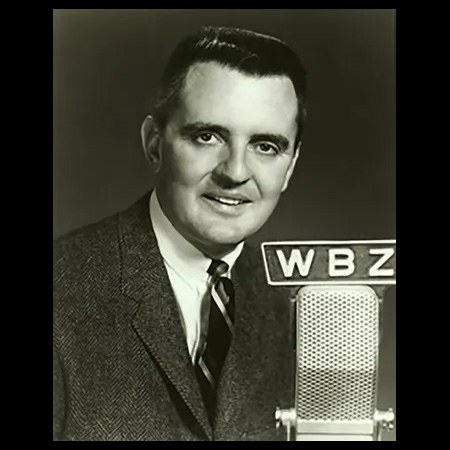
Like Alan Freed, the deejay credited with redefining and popularizing the term “rock ‘n’ roll,” Dave Maynard was born in the Roaring Twenties, when jazz was king and “rock ‘n’ roll” was simply a euphemism for…well, you know. But unlike Freed, whose reputation and career were decimated in the early ‘60s after he pleaded guilty to accepting payola, Maynard was the quintessential clean-cut, scandal-free, all-American broadcaster, a model of decency known as much for his charity work as for his on-air affability and self-deprecating humor.
“He was just a genuine, honest person,” said Peter Casey, former director of news and programming for WBZ, in 2012. “There wasn’t a Dave Maynard ‘on’ the air and a Dave Maynard ‘off’ the air. He made a career being Dave Maynard on the air and that was the Dave Maynard who lived next door to you.”
With that authenticity and his mellow baritone, Maynard spoke to listeners in New England and the greater Northeast for over 50 years – in their homes, cars, offices and wherever else AM radio was available – while establishing parallel careers on television and in the classroom. As host of the amateur TV talent show Community Auditions, he helped inspire untold numbers of young people to pursue the performing arts; as a lecturer at Boston University, he explained the ins and out of broadcasting to future media professionals; and as the resident chef for the Evening Magazine TV program – and the author of three cookbooks – he became a welcome guest in countless kitchens, a short-haired, khakis-clad Julia Child.
EMERSON COLLEGE, WHIL, WROL
Maynard was born on May 6, 1929, raised in Larchmont, New York (about 20 miles from New York City) and moved to Boston in 1948 to attend Emerson College. After graduating in 1952 – about a year after what’s considered the first rock ‘n’ roll song, Jackie Brenston and His Delta Cats’ “Rocket ’88,” was released – he took his first radio job, as a rock ‘n’ roll deejay at Boston’s WHIL-AM (now WXKX). His next job, also as a rock jock, was at WROL-AM, the first Boston station to adopt a pop-music format (with “The 920 Club” in the late 1930s).
WBZ-TV, COMMUNITY AUDITIONS
In 1965, 36-year old Maynard became the new host of the amateur talent show WBZ-TV ran on Sunday mornings, Community Auditions, replacing Gene Burns, who’d emceed the program since its debut broadcast in 1950. Maynard was the face of the show for the next 21 years, until the it went off the air in June 1986; it returned in 2007 (with a new host) as Community Auditions – Star of the Day.
The show was already a Boston institution and a family tradition throughout New England by the time Maynard joined, and his mix of charm, boyish looks and professionalism were a perfect fit for its demographic. Each 30-minute episode featured six contestants with a broad swath of talent – from singers, dancers and magicians to comedians, impersonators and jugglers – and at the end of each broadcast the host encouraged viewers to send postcards to WBZ with their vote for the best contestant. The winner appeared on-air again the following week to be presented with a trophy and a special prize – sometimes as pricey and thrilling as a new TV set.
At the end of every episode, Maynard and that week’s contestants sang the show’s beloved “Star of the Day” theme song to encourage viewers to post their votes. “Star of the day, who will it be?” it begins, followed by “Your vote may hold the key! It’s up to you! Tell us who…will be star of the day!” Notable contestants during Maynard’s tenure were comedian-actor-writer Sarah Silverman, a New Hampshire native, and Scott Grimes, a Massachusetts native who starred in the TV series ER and several feature films.
WBZ RADIO
In 1979, Maynard joined Boston’s WBZ-AM, starting his career there with a roughly 12-month stint in the midnight-to-5:30 slot. In June that year, in one of the most memorable moments of his storied career – which had nothing to do with playing music and/or providing clever banter – he spent almost an hour on the air live with a suicidal caller who said he’d just swallowed 50 pills of the anti-coagulant Coumadin and drank a bottle of 100-proof vodka. The man, later identified as a retired police officer, had called to speak with Maynard’s guest, Dr. Ari Kiev, who had written a book targeted at people considering suicide.
Listeners from as far away as southern Canada tuned in as Maynard and Kiev kept the caller talking for about 50 minutes. Police were able to trace the origin of the call, figure out where the caller lived and went to his home. “It was like a movie script,” Maynard told The Boston Globe afterward. “My heart was in my mouth most of the time.”
MAYNARD IN THE MORNING
In 1980, Maynard became WBZ’s morning man, replacing Carl deSuze when he moved to the afternoon shift. Called simply Maynard in the Morning, the show was consistently ranked #1 among morning broadcasts in the Boston area during it 11-year run, attracting more listeners that the rival program hosted by Jess Cain on WHDH. Newsmen Gary LaPierre and Don Batting, sports anchor Gil Santos, weatherman Don Kent and traffic reporter Joe Green joined Maynard on the air.
“I think people who listened to Dave just loved him because he was down to earth,’’ Batting told The Boston Globe in 2012, adding that audiences were also drawn by the variety of music he played. “At that time, the disc jockey picked his own music,” he said. “It was very personal for him and people loved what he was playing.’’ In 1983, Boston Mayor Kevin White proclaimed December 1st Dave Maynard Day in the city.
Maynard honed his public image with a series of TV ads for Maynard in the Morning in which he always played the hapless victim, including one in which he boxed Brockton-raised Marvin Hagler, the WBC’s undisputed middleweight champion from 1980 to 1987. The spots, colloquially known as “the ‘piece of cake’ commercials,” won two gold medals at the International Film and Television Festival in New York City and a New England Emmy from the Boston/New England chapter of the National Academy of Television Arts and Sciences.
EVENING MAGAZINE, THE PHANTOM GORMET, B.U. LECTURES
During the ‘80s, Maynard also appeared on Evening Magazine on WBZ-TV as the show’s resident chef and he created WBZ-AM’s program The Phantom Gourmet. He wrote three cookbooks, the first of which – The Dave Maynard Tried and True All-Night Radio Secret Family Recipe Cookbook (Addison-Wesley, 1980) – is a 216-page collection of his late-night listeners’ “secret” recipes. From 1977 to 1994, he lectured on mass communications, advertising and public relations at Boston University’s College of Communications, from which he earned his master’s in communications in 1985.
CHARITY WORK
Throughout his career, Maynard was as renowned for his charity work as he was for his ever-cheerful personality and ever-present humility. He was tireless in his fund-raising efforts for Easter Seals, muscular dystrophy, eye research and a number of other causes.
In September 1982, he spearheaded WBZ’s Farm Stand Telethon, a farmers’ market broadcast live from the station’s headquarters to raise money for Boston Children’s Hospital; over 20,000 people attended the event, which raised over $72,000 (about $230,000 in 2023). Also that year, he and Charles Fiske of Bridgewater organized a successful nationwide campaign to find a liver donor for Fiske’s infant daughter, Jamie; at the time, she was among the youngest people to ever receive a liver transplant. In April 1988, Maynard hosted the now-legendary Children’s Hospital Penny Drive, which brought in precisely $13,955.97 (about $31,000 in 2023) – all in pennies.
RETIREMENT, MASSACHUSETTS BROADCASTERS HALL OF FAME
In late 1990, Maynard moved to the afternoon shift and future Dancing with the Stars host Tom Bergeron (a Haverhill, Massachusetts, native) took over as WBZ’s morning man. In June 1991, at age 62, he officially retired but he filled in for other hosts frequently and remained a regular presence on the station’s airwaves through the early 2000s. In 1999, eight years after his “retirement,” the Massachusetts Broadcasters Association named Maynard its Broadcaster of the Year.
In 2009, he was inducted in the Massachusetts Broadcasters Hall of Fame, which issued a statement calling him “the neighborly voice and genial face of WBZ, no matter when you heard or saw him.” At the induction ceremony, Maynard was typically upbeat and funny. “I loved the rapport that I had with my listeners. Many became like family,” he said. “I was some 44 years at WBZ. Think of that: almost 50 years in one market and I didn’t even know where the bodies were buried!”
DEATH, LEGACY
On February 9, 2012, Maynard died at age 82 in Citrus Hills, Florida. He’d been diagnosed with Parkinson’s disease about 10 years before and, according to his son Michael, had lost his voice a few weeks before he passed away. “It was the cruelest irony, that he lost his ability to communicate,” he told The Boston Globe. The younger Maynard invited the public to attend a celebratory mass in late February at Saint Cecilia’s Parish on Belvidere Street in Boston’s Back Bay to pay their last respects.
In a written statement, WBZ NewsRadio Director of Programming Peter Casey said that Maynard “ruled the airways and owned a special place in our hearts for many years,” calling him “a pioneer at using the power of his voice and his radio program to raise money for worthy causes here in New England and set the standard on how to help his neighbors by being a friend on the radio.”
Maynard in the Morning newsman Gary LaPierre told The Boston Herald that the man he first met in 1960 was “one of these guys that always wanted to include the people around him” and constantly made other people laugh. “He would walk into the studio and I’d start to giggle,” he said. “I’d have to lock the door to keep him out.” WBZ sports anchor Gil Santos, who listened to Maynard on the radio while in high school – years before joining Maynard in the Morning – talked about his quick wit, impeccable timing and selflessness. “He was a joy to work with,” he said, adding that Maynard was always willing to give members of his on-air team the funniest lines.
“Dave made his name at WBZ and ‘BZ was the standard-bearer for all broadcasting in New England at the time,” said LaPierre. “He was just huge. He just became a giant name. There was nobody any bigger in Boston radio than Dave Maynard – ever.”
(by D.S. Monahan)

